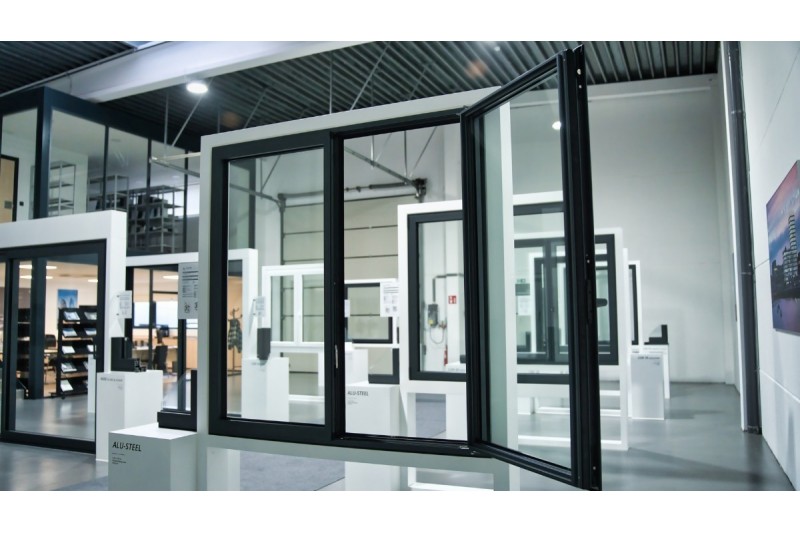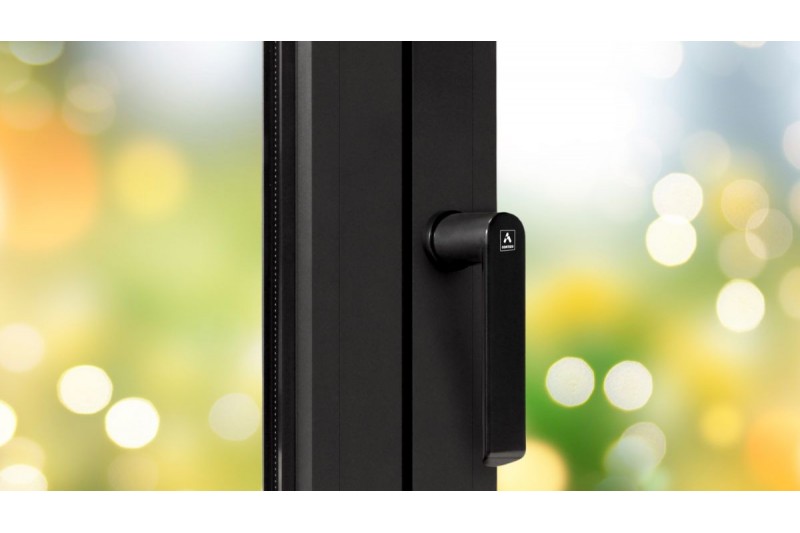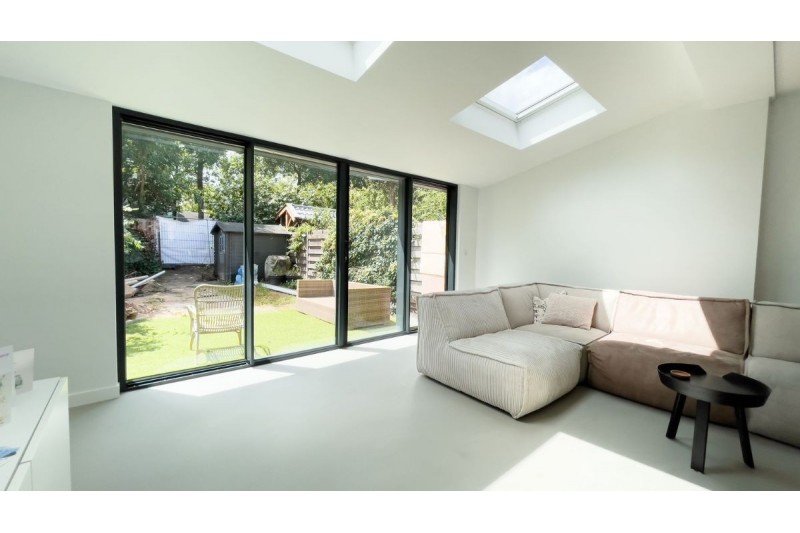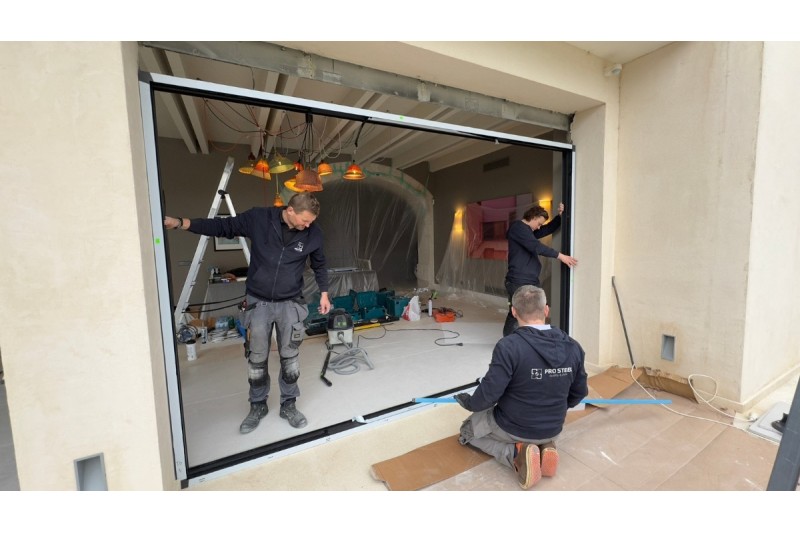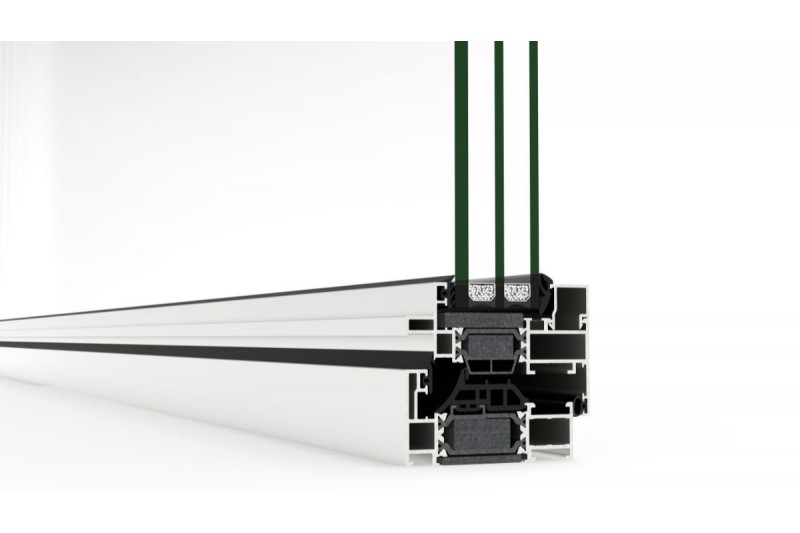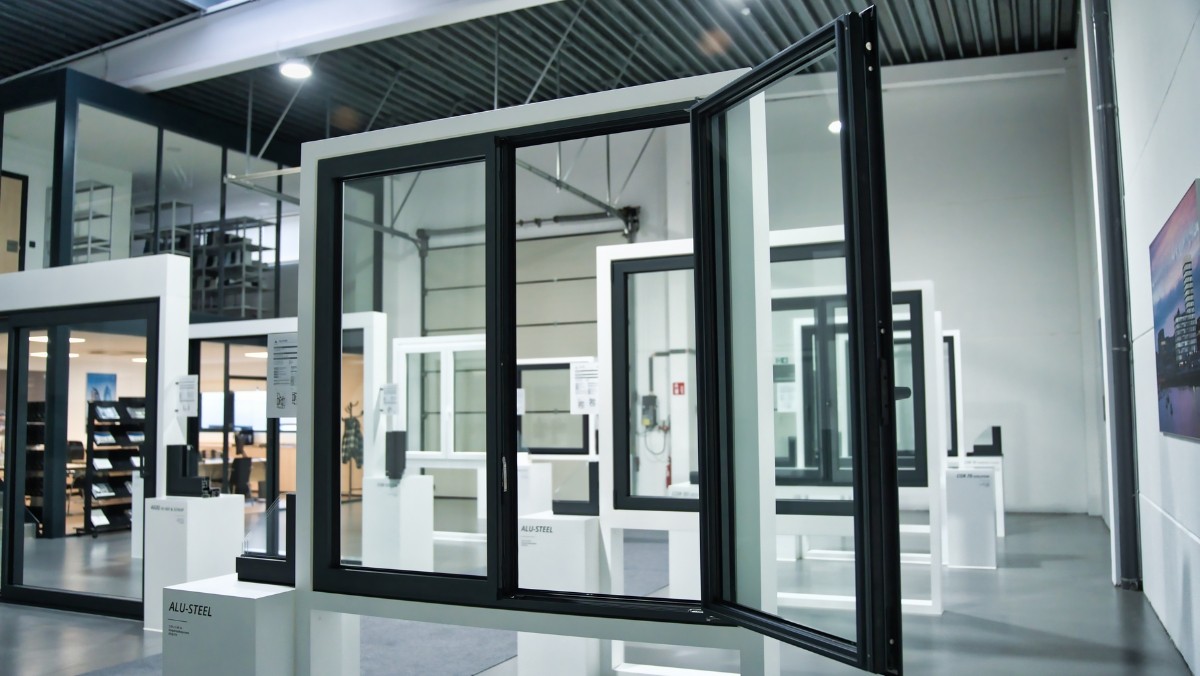
Choosing the right windows for your home is no small feat. With an overwhelming number of options available—from classic frames to sleek, energy-efficient designs—it can be difficult to determine what truly meets your needs. While aesthetics matter, functionality is the ultimate priority. So, how can you navigate the sea of choices and make a well-informed decision? Let’s explore why aluminum windows are an intelligent investment!
Energy Efficiency and Heat Loss Prevention
One of the most crucial aspects when selecting windows is their ability to minimize heat loss. With energy costs on the rise, ensuring your home retains warmth is more important than ever.
The primary parameter to examine is the heat transfer coefficient (Uw)—the lower, the better. For residential spaces, Uw values should not exceed 1.3 W/m²K, while super energy-efficient windows boast values below 0.8 W/m²K.
Several key factors influence the thermal insulation of aluminum windows:
Noble gases (e.g., argon): Filling the space between glass panes, these gases can reduce heat loss by up to 10%.
High-insulation glazing units: The Ug coefficient should be below 1.1 W/m²K for maximum efficiency.
Window frame: The Uf coefficient determines how much energy is lost through the profile.
Thermal break: This plays a vital role in preventing indoor cooling in aluminum windows.
Another essential factor to consider before making a purchase is the air tightness rating (EN 12207). The best models are classified as class 4, ensuring maximum protection. Equally important is the water tightness rating (EN 12208), which guarantees resistance to heavy rain and strong winds. For optimal performance, choose windows with a rating of 5A or higher.
Silence – A Luxury Worth Investing In
In bustling urban areas, a quiet home is a sanctuary. Acoustic insulation, measured by the Rw coefficient in decibels (dB), determines how effectively windows block external noise. The higher the Rw value, the better the noise reduction.
Standard windows typically have an Rw coefficient of 30–32 dB, but investing in superior solutions like the ENCORE system (34 dB) can make a world of difference. Several elements contribute to effective sound insulation:
Type of glazing
Window construction
Number of seals
Quality of installation
A Wise Investment for Years to Come
Buying windows is a major investment, so being well-prepared is crucial. Understanding key technical parameters helps you make informed choices, resulting in lower energy bills, enhanced acoustic comfort, and an aesthetically pleasing home.
While budget-friendly options may seem tempting, high-quality windows offer long-term benefits that far outweigh initial savings. Well-chosen windows provide comfort and peace of mind for years to come. And ultimately, isn’t that what truly matters?
Take the time to research and invest wisely—you won’t regret it!
Latest Posts
